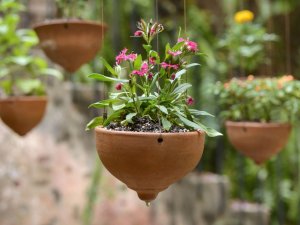Round table: Understanding from difference: the museum looks at otherness
The museum is hosting the second round table within the programme Thinking about museums, making memories, organised in conjunction with the Casa de Velázquez, the Spanish Association of Public History and the Círculo de Bellas Artes. With the title Understanding from difference: the museum looks at otherness, this encounter will encourage a reflection on how museums address and construct otherness in an increasingly globalised world.
There is always another in the museum: the one that looks, the one that observes, the one that stands before the exhibits and is challenged by its objects, labels and display cases. The other exists because the museum aims to win it over, to persuade it with its narrative.
Some museums such as anthropological ones go further as their aim is to reflect on and present otherness, capturing the image and words of someone other to ourselves. Through their narratives they seek to arouse emotions in visitors: from the satisfaction of triumph achieved through dynamics of colonial assimilation to the fascination and unease aroused by difference; otherness destabilises through its difference.
Inferiorising, assimilating and recognising diversity are the different paths which for centuries the West has adopted to address otherness. But in this era of unapologetic globalisation, what forms of otherness do museums construct?
Taking part in this round table, moderated by the museum's content manager Juan Ángel López-Manzanares, are Emiliano Abad García (University of Coimbra), Patricia Alonso (Museo Nacional de Antropología), Fernanda Celis (EHEHI-Casa de Velázquez), and Youssoupha Sock (socio-cultural mediator).
The event is co-ordinated by Fernanda Celis and Luis González Fernández (EHEHI-Casa de Velázquez) and Jesús Izquierdo Martín (Spanish Association of Public History – Autonomous University of Madrid).









